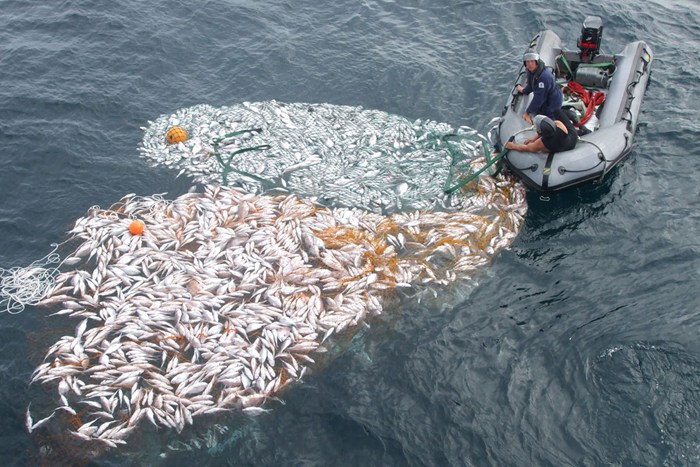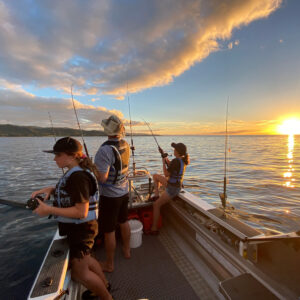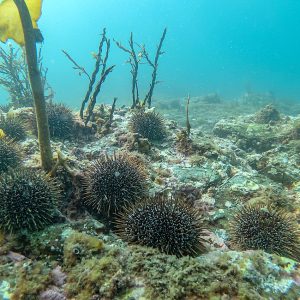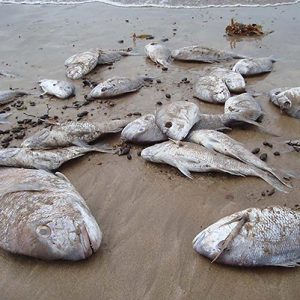Kiwis are naturally offended by wastage and fish dumping is at the top of the pile. It is particularly offensive when commercial fishers are involved while their industry leaders continue to bombard us with messages of guardianship. Dumping is illegal and a blatant waste of our collective, precious marine resources. We must do better if we want our kids to enjoy abundant fisheries in the future.

Last year fishing industry leader Andrew Talley wrote to the Minister Stuart Nash advising him that discarding fish will “continue to happen, cameras or no cameras, while the current policy settings remain unchanged”. Was that a threat?
It sure seems like an admission of continued dumping for economic reasons.
And what does this mean for the future of all of our fisheries under the Quota Management System?
Cameras and electronic monitoring of commercial fishing vessels were part of the government’s plans to address the dumping issue, which they know has existed since day one of the Quota Management System. In the past senior Ministry officials have ignored staff recommendations to prosecute dumping offenders even though they suspect the tonnages involved are “significant to the point that they are impacting on stocks”. There were fears the fishing industry would stop cooperating with officials as they tried to do their job, according to an internal Ministry report.
Senior managers were also acutely aware that it would be a bad look for them if the public ever found out that they had ignored their own staff’s advice to prosecute. The offenders were to be sent a warning letter.
So here we have the regulator, the Ministry for Primary Industries, tiptoeing around the very people they are supposed to be monitoring. And, there is blatant pressure going on the Minister to support fisheries policy to suit industrial fishing interests. Under the QMS this has meant poor outcomes for the environment and bad news for those of us who fish inshore.
The good news is that LegaSea has been working with a range of like-minded organisations to promote new policies aimed at restoring inshore fisheries to abundant levels and thereby return the marine environment to a more productive ecosystem.
It is no wonder that after 30 years of the QMS and many examples of dysfunction, reports of widespread labour abuse, fish dumping, misreporting and institutional stagnation, that the public appetite for change has grown.
We are tired of watching trawlers plough past our beaches. We are sick of trying to navigate our way through reefs clogged with cray pots. We want to see meaningful changes on the water.
And while accidents do happen at sea, systematic dumping and wastage is not acceptable. We want our fisheries treated with respect so we can all enjoy the environmental, economic, social and cultural benefits from the use of our natural marine resources.





